archive
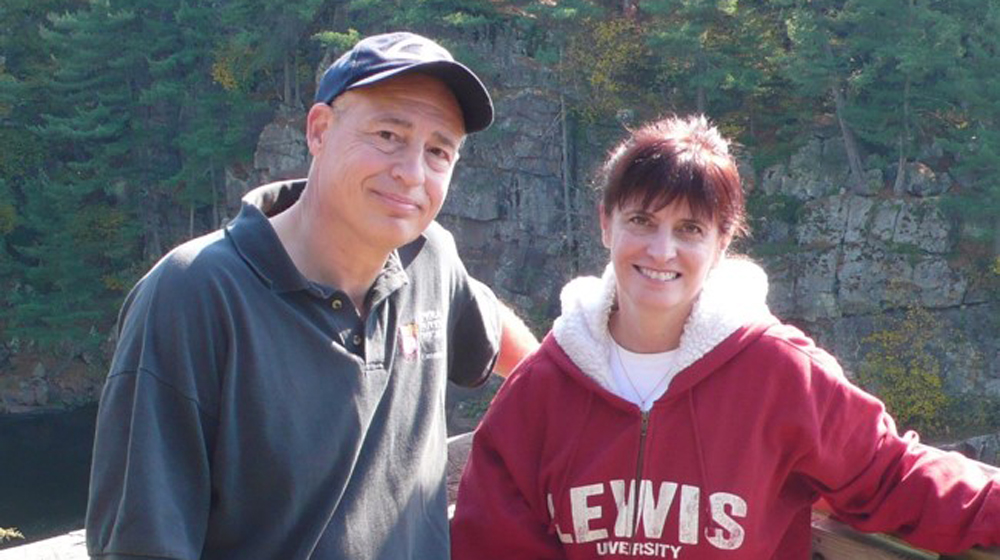
"Civil War Chicago: Eyewitness to History" on October 20th
Professor of History Theodore J. Karamanski, PhD and Loyola alumna Eileen M. McMahon, PhD, will discuss their new book on the Civil War’s transformative role in Chicago's development.
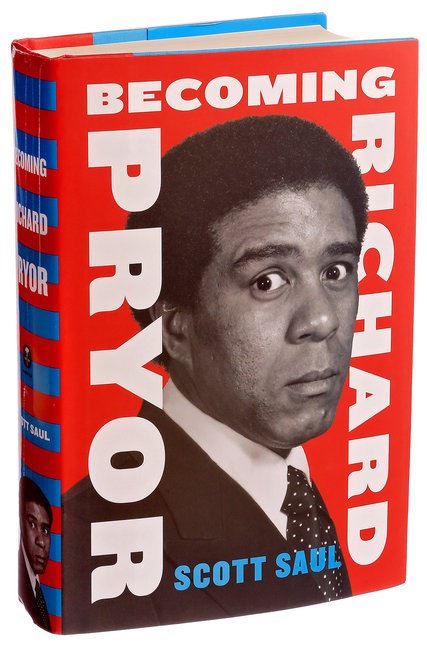
Richard Pryor Biographer to Speak at Loyola
Scott Saul, the author of Becoming Richard Pryor, will give a public lecture on the comedian entitled "Living with Richard Pryor: A Biographer's Tale" on Friday, April 24 at 3 PM.
Timothy Gilfoyle on "The Changing Forms of History"
Should history be a book discipline? What constitutes "acceptable scholarship" in history? Professor Timothy Gilfoyle considers the rich and diverse forms that historical scholarship take from books, digital media, and public history projects in his article "The Changing Forms of History" in April's edition of Perspectives on History, the AHA newsmagazine.

"The Rise of the Nation-Saint" on November 5th
Prof. Kathleen Sprows Cummings, University of Notre Dame, discusses a pre-circulated paper on the efforts of U.S. Catholics to secure their first canonized saint for the third meeting of the 2015-2016 Ramonat Seminar Series.
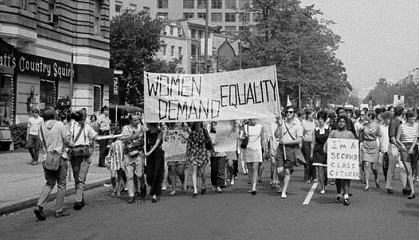
Voices of Chicago Women Activists
Celebrate Women's History Month with the Women & Leadership Archives and the Chicago Area Women's History Council. Come hear multimedia excerpts of oral histories by Columbia College honors students featuring Chicago women activists and leaders. The event will be held on Sunday, March 16th from 2:00pm-5:00pm on the 1st floor of Piper Hall.

What was Chrysler Village and how did it get its name?
Public History graduate students know and shared their work on a historic nomination for the neighborhood with Ask Geoffrey on WTTW the other night.
LEARN MORE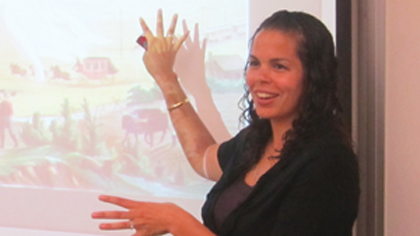
Closing the Gap
Sarah Doherty (PhD '12) reflects on the importance of the Preparing Future Faculty Program in equipping her, and other minority doctoral students, with the skills necessary for a career in academia.
LEARN MORE"Dictator in the Dock" Film Screening
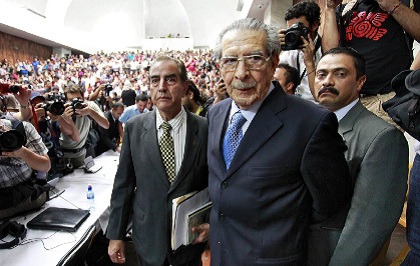
Join filmmaker Pamela Yates and Producer Paco de Onis for a screening and discussion of their documentary, "Dictator in the Dock: Genocide on Trial in Guatemala."
The Dictator in the Dock brings viewers into the courtroom as former dictator General Efraín Ríos Montt stands trial for genocide and crimes against humanity in Guatemala. This historic case marked the first time, anywhere in the world, that a former head of state was tried for genocide in a national court, in the country where the crimes were committed.
It is also the first time in the history of South or North America, that the genocide of indigenous peoples was tried in a court of law, significantly in a country of the Americas with a majority indigenous population. As Francisco Soto, legal representative of the Maya victims, said in his concluding statement at the trial, “Justice is poised to play an important role in the historical memory of our country. For the first time in 500 years we are able to judge genocide.” The symbolic and precedent setting nature of this trial for all indigenous peoples and all national justice systems cannot be overestimated.
Two screenings will be held on Tuesday, April 17th. The first will take place at the Lake Shore Campus at 11:30 a.m. at the Damen Student Center, MPR South, and the second will be held at the Water Tower Campus at 2:30 p.m. at the Corboy Law Center room 206.
